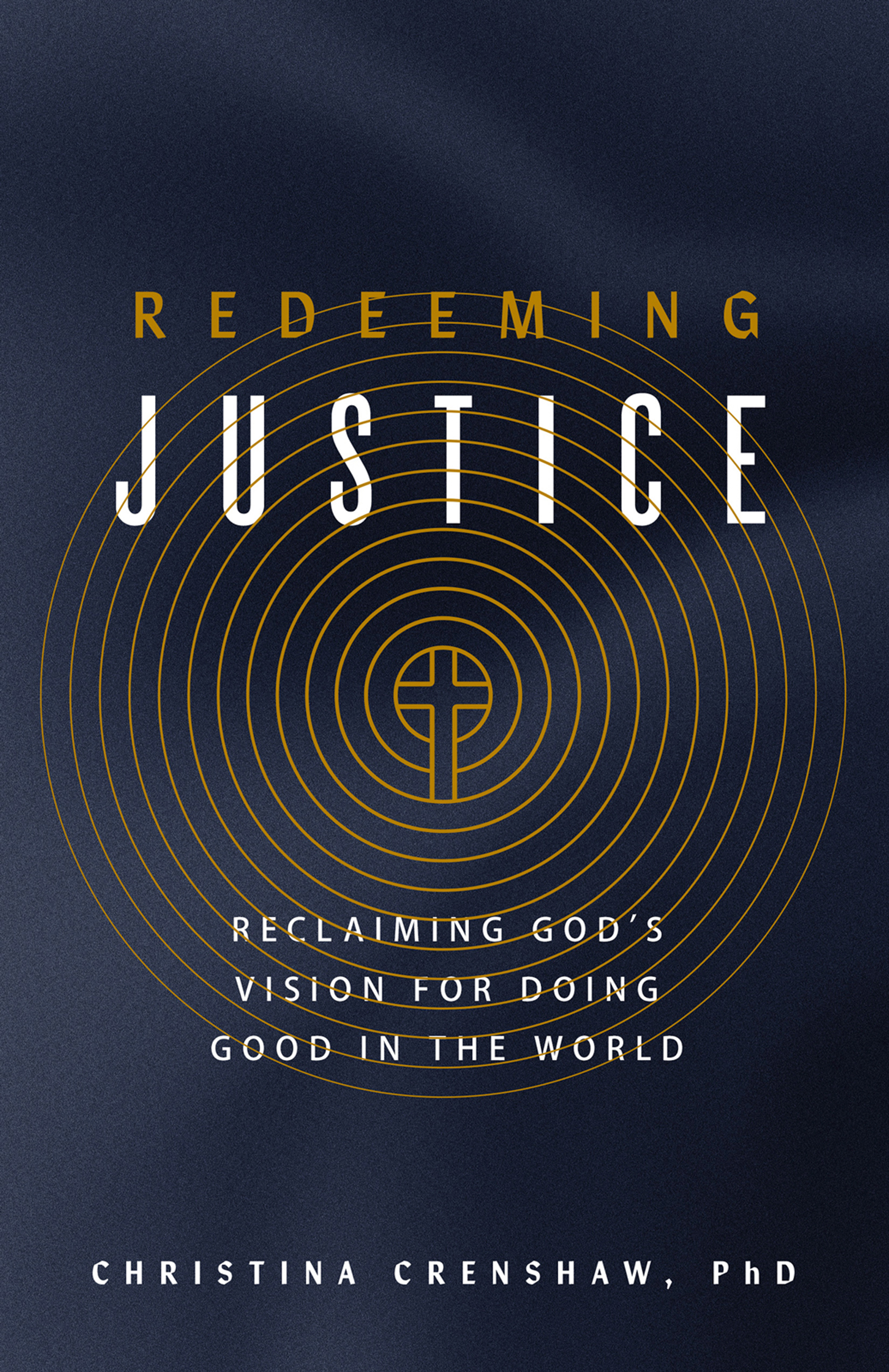A few of years ago, I led a workshop titled “How The Church Can Combat Human Trafficking” at a large Christian missions conference in Oregon. Afterward, a college student approached me with remarkable confidence and asked, “I feel called to do justice work. When I finish college, I want to do justice for Jesus. How can I find a job doing that?” What struck me most was her phrase: “justice for Jesus.” I really liked the sound of that. What I liked even more is that this young woman represents a generation passionate about social justice. Pew, Barna, and Gallup research consistently show Gen Z and Millennials have a strong inclination to engage social justice issues, an interest more measurable than the generations above them. In my 15 years teaching college students, I’ve witnessed this generation’s passion firsthand, and that zeal should be applauded and encouraged.
I do have one concern for the Church body, though, particularly for the younger generation. As followers of Christ, our resolve for doing social justice should be found in Jesus, rather than merely hoping our contribution yields a better society. Our motivation for feeding the hungry, clothing the poor, caring for orphans and widows, and freeing those enslaved shouldn’t be rooted in humanist frameworks, but in biblical truth. And despite what contemporary cultural narratives suggest, social justice isn’t an invention of postmodern ideology nor unique to progressive Christianity. Social justice may be a contemporary term, but it stands on biblical truth and 2,000 years of Church history. In the Gospels and throughout the New Testament, we witness Jesus and His followers’ concern for both spiritual and social welfare, particularly for the marginalized and victimized. And since the inception of Christianity, faithful leaders have worked toward the common good from a biblical worldview. For example, Saint Basil the Great and Saint Augustine beseeched Christians to care for the vulnerable. William Wilberforce and John Newton were key religious leaders in the British abolition movement. In America, Frederick Douglass, Sojourner Truth, and Harriet Tubman referenced Scripture as their impetus for ending slavery. More recently, Martin Luther King Jr., Mother Teresa, and Chuck Colson worked toward racial reconciliation, poverty alleviation, and prison reform. And this list of justice seekers hardly captures our Christian legacy.
Applying a biblical framework to social justice starts with understanding how our worldview influences every facet of our being. Our Christian worldview is derived from Scripture and provides answers to life’s existential questions. To paraphrase theologian David Dockery, applying a Christian worldview means to “think Christianly” about life, seeing everything through a biblical lens whereby God, through God, and for God, all things were created, fallen, but can be redeemed.* In addition to our worldview, our vocational calling also influences our approach to social justice. The Latin meaning of vocation—to be called or summoned by the Creator—is a distinctly sacred notion. Author Frederick Buechner beautifully explains the intersection of vocation and social action as “the place where your deep gladness and the world’s deep hunger meet.”** Our vocation affirms that God designed us for specific purposes and endowed us with unique gifts to serve Him in our spheres of influence.
What differentiates social justice from biblical justice is less about our methods and more about motives. As Timothy Keller explains in Generous Justice, social justice focuses on deconstructing systems considered oppressive and redistributing resources. Biblical justice, however, is conformity to God’s moral standard and pursuing what He deems right and holy. Biblical justice engages broken places from a profound understanding of God’s grace, and the work is done unto His glory, not merely for societal improvement.*** If God is the author of justice, then apart from Him, all man-made definitions and frameworks are insufficient. The Lord’s call to engage justice and love our neighbors becomes an expression of both our love for Him and our neighbors.
And I’ve found no better place to do biblical justice work than within the Church body. The Church won’t engage justice perfectly because it’s comprised of imperfect people. But the Church body has a much better track record of loving others and meeting their needs than the rest of the world. So, let’s do “justice for Jesus”—yes and Amen! But may we first attune our hearts to His word, partner with His Bride, and engage good work according to His definition of justice, not culture’s. May the Lord be glorified by our work, and may our efforts lead others to redemption and restoration according to His word.
*Dockery, D. S. (Ed.). (2012). Faith and learning: A handbook for Christian education. Nashville, TN: B&H Publishing.
**Buechner, Frederick. “Wishful Thinking: A Theological ABC.” Harper & Row, 1973.
***Keller, Timothy. Generous Justice: How God’s Grace Makes Us Just. New York: Dutton, 2010.

Read more in Redeeming Justice
by Christina Crenshaw



